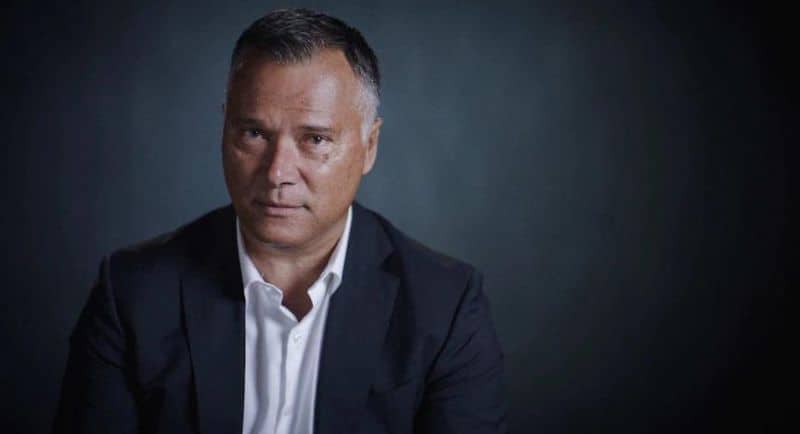Reflecting on his almost 40-year-long journalism career, Stan Grant said that he had seen “the worst that we could do to each other, and then the best that we can do. I would see people smiling in the face of horror, loving in the face of hatred. I would see the hope in young children, and it would give me hope.
“I believed that journalism was a way of making us better. But I don’t believe in journalism anymore.”
In May last year, Grant announced that he was leaving Q+A, and he would be stepping back from writing columns for the ABC. He cited racial abuse that he had been on the receiving end of since the coronation of King Charles III.
Speaking at SBS and NITV’s 2024 Elder in Residence Oration alongside Rhoda Roberts AO, Grant said that after a career “that has given me opportunities that I’m truly humbled by,” he walked away “as our country confronted its history.”
Describing the abuse that he faced, Grant said “I found myself, and my family found themselves, at the centre of a firestorm of hatred.”
Throughout the ABC’s broadcast coverage of the coronation, Grant brought up points that he had previously made about the British monarchy and the theft of Indigenous land.
“I had spoken what I believe with the truths of our history, the truth of what invasion and colonisation, exclusion, and segregation had meant for us and how it still plays out in our lives. In return, I was vilified. My family was abused, and we were threatened. Our lives were threatened.
“I realised at that point, that journalism, the media, no longer had the language or the love to deal with the fragile spirits of our country and our world,” Grant said.
After the fallout, Grant told the room he had had to ask himself a particularly tough question: Was I to blame?
“Yes, I was. Because I was part of a media ecosystem that made these things possible.
“I knew the games of journalism, I knew that we weren’t interested in debate, we were interested in hate. I knew how we put together panel programs – choose someone from that side and that side and have them perform hostility, have them yell at each other. It’ll be good TV. It might be good TV, but it’s bad for our society.
Further to whether or not he assigned any blame to himself for being part of the wider media industry, Grant admitted he had to ask himself “When I spoke the truths of my history, was I wrong?”
“Yes and no.
“You’re never wrong when you speak the truth, but you might be wrong in how you speak the truth. I had to ask myself, did I prepare the ground for people to hear the truth? It’s easy to believe you’re right, and the facts may be on your side. But if you are not speaking to people with enough love, forgiveness, kindness, and grace, that they can hear you, what’s going to happen is people will turn off. They’ll turn away.”
For the past year, Grant concluded by saying he had found strength in a “hard word easily said”, that is sacred to the Wiradjuri people: Yindyamarra.
“It means respect, kindness, forgiveness, love. So easy to say and it’s so hard to do. It means this fundamentally, it means that I’m not responsible just for what I do, but I’m responsible for what you do. And I’m especially responsible for the people who hate me or disagree with me. Yindyamarra means I have to show them love.”
–
Top image: Stan Grant
